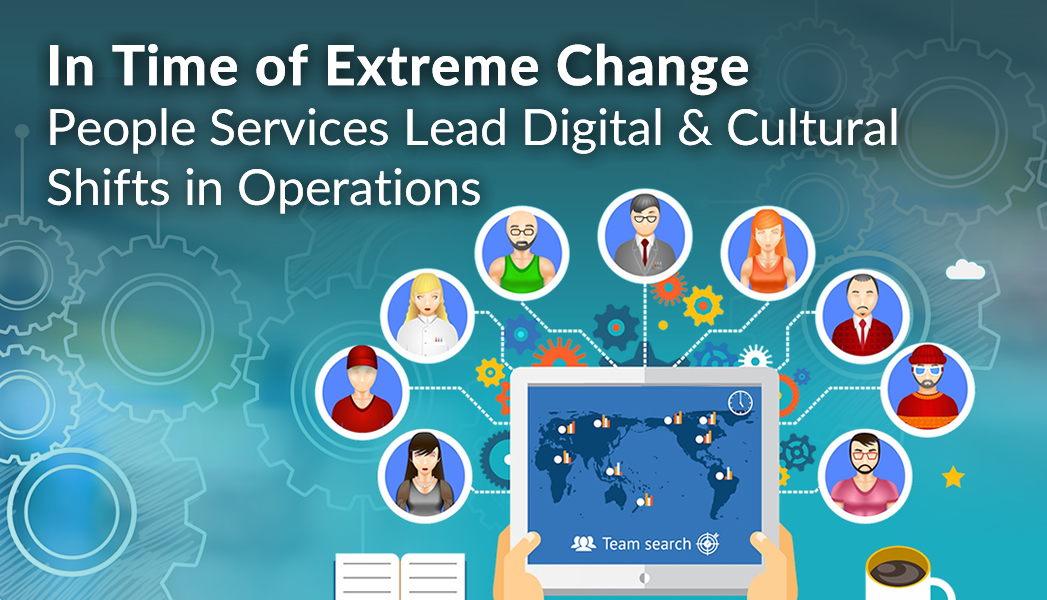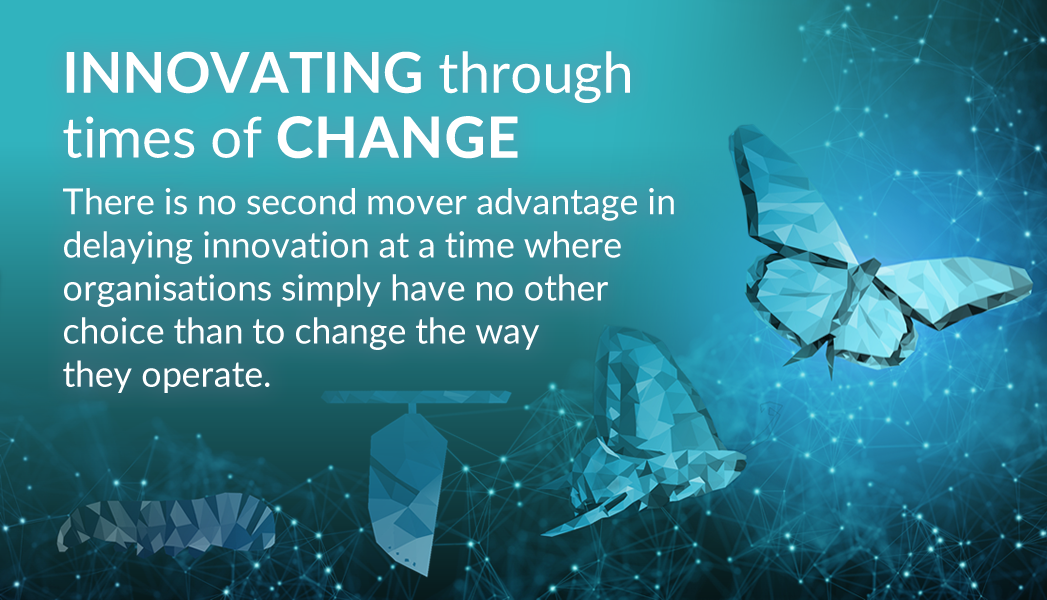
Testing priorities within the UK healthcare sector
A crisis is underway within the UK healthcare sector which is in dire need of an IT overhaul, especially within software testing and quality assurance, as both support technology development, deployment, efficiency and cybersecurity. We spoke with Steve Saxton, Senior Consultant and Shakib Ahmed, Senior Automation Engineer to discuss the issue. These experts covered some of the technology challenges faced by the healthcare sector, including the difficulties in managing and changing suppliers, and the problems of technology risk management when clinical care is, of course, the primary priority.
Technology challenges facing UK healthcare providers
For healthcare providers and for the NHS delivery of clinical services, clinical risk strategies are most important. Software testing is a secondary issue. Technology has the ability to improve clinical care, but technological fails can increase clinical risk. Lost or misfiled blood tests results, for example, could lead to missed or incorrect treatments.
The biggest challenge within the UK healthcare sector is fragmentation, in terms of systems, and a large pool of suppliers built up over the years across different bodies and organisations. In this landscape, there are divisions both within and between primary and secondary care, with Trusts, GPs, GP super groups, pharmacies, opticians and more. These entities nearly always operate different systems and all store patient data. Some organisations may have already adopted the latest technologies, while others may still be using outdated systems. As well as systems challenges, we must also consider the diversity of technological skills and system familiarity amongst healthcare workers.
Such diversity and fragmentation have a few obvious downsides from a software testing perspective.
For example, there may be five suppliers which a facility, hospital, or department relies upon, however these suppliers also have other priorities and their own agendas. Gaining their focus can be difficult, so creating a single definitive testing strategy across all suppliers with a common timeline is an even greater challenge.
Additionally, using external or third-party suppliers poses problems for any organisation. For instance, how can an organisation be sure that its own stringent testing strategies are replicated by its suppliers? Who is responsible for quality assurance? In an age of agile services and DevOps every link in a chain, every system or network end-point must be tested in the same way.
Introducing new technologies at scale in the healthcare setting
Because of its sheer size and a need for consistency, it is difficult to introduce technologies at scale in the UK healthcare system. The potential challenges of introducing new technology, training and porting data, all securely, are great.
In the sector, systems are safety critical, so changing tech is not easy. In our conversations, we have heard that it could take as long as five years to shift the entire healthcare sector to using cloud technology.
Exacerbated by COVID-19, healthcare workers who were not previously needed in front line care have now been moved to meet shortfalls. This also leaves fewer technology users and subject matter experts available to support and test new service launches.
Healthcare technology fails in 2020
Around the globe track and trace applications deployed for COVID-19 have garnered less success than expected. Even though these new applications and systems were introduced, there were concerns re privacy, backwards compatibility and centrally stored information. Even for non-app based contract tracing, a lack of agility was exposed. For example, some government bodies still relied on technology tools such as spreadsheets.
Whereas private healthcare companies must innovate to survive and are pro-actively using technology in order to compete with their peers, in the public healthcare sector within England and Wales, there is less competition. Against this backdrop, it is hard to introduce new technology. In addition, when a new IT service is introduced there is not always enough focus on testing deployed in the early phases of the development lifecycle, in other words there is a great dependency on the skills of the user community to undertake the necessary quality assurance activities. A greater shift-left attitude coupled with wider implementation of new technology could increase the identification of failures and weaknesses, introduce greater innovation and produce rapid improvements in healthcare provision.
In terms of testing provision most in demand in the healthcare sector, it is evident that healthcare leaders are looking to reduce the number of suppliers and are keen on the greater use of automation. However, automation cannot simply be tacked on to existing systems, it needs to part of an evolution of systems and technologies guided by practices such as DevOps. As with the rest of the IT industry, DevOps is being used to build, improve and implement effective systems.
Too many suppliers in the UK healthcare sector can affect the efficiency of IT services delivery. The volume of effective deployments of new technology projects is relatively low. This problem has emerged due in part to the long-term partnerships in the sector and the reliance on suppliers who understand the existing system. There is a fear factor for leaders, who may be reticent to move to new suppliers in case they lose the knowledge and support they rely on to manage existing systems. This is in contrast to private sector enterprises that are more competitive and must be fast moving, thus these companies are less afraid to switch suppliers.
Testing services are necessary to keep our healthcare sector strong
Testing promotes reliability in production, confidence and measurability. In addition, spread and speed of testing creates a much more robust end product, so if it fails, it fails safely.
The healthcare sector needs automation, security, performance and reliability testing. Testing should be incorporated from the beginning of a project to ensure continuous improvement and cybersecurity protection.
One difficulty that an experienced testing consultancy can overcome in the healthcare sector is data and especially test data. Data packs are huge and highly confidential.
An independent testing provider can help to instil competition within suppliers, as opposed to creating a single large subject matter expert provider. While some IT consultancies tag testing onto development services, specialist testing firms such as Edge Testing Solutions offer consultancy services, training, managed, performance and cybersecurity testing services, as well as more specific services like digital test hubs and test automation. These are aimed at helping healthcare organisations minimise risk, improve quality, speed, agility and overall service provision, while reducing costs and protecting credibility.
Using outsourced testing capability could help the healthcare sector to gain assurance for overarching standards. These standards could be across narrow areas such as logging onto systems or more complex standards that cover information governance.
When selecting a supplier, stakeholders should be seeking consultants that can provide domain knowledge and expertise, and perhaps evidence existing good partnerships with NHS specialists. They should look for strong track records in performance and automation testing, and cybersecurity, as well as a wide understanding of tools and a strong team of experts.
The future for healthcare technology
In the near future, the healthcare sector in the UK will be dominated by vaccine provision and catching up with services that have sadly not been delivered in 2020. Mid to long-term, we think we will see a much broader implementation of new technologies. There may also be a wider range of competition available in terms of suppliers on government frameworks. Finally, for innovative service providers, software and security testing will be used increasingly to protect existing healthcare systems, and emerging technologies.









